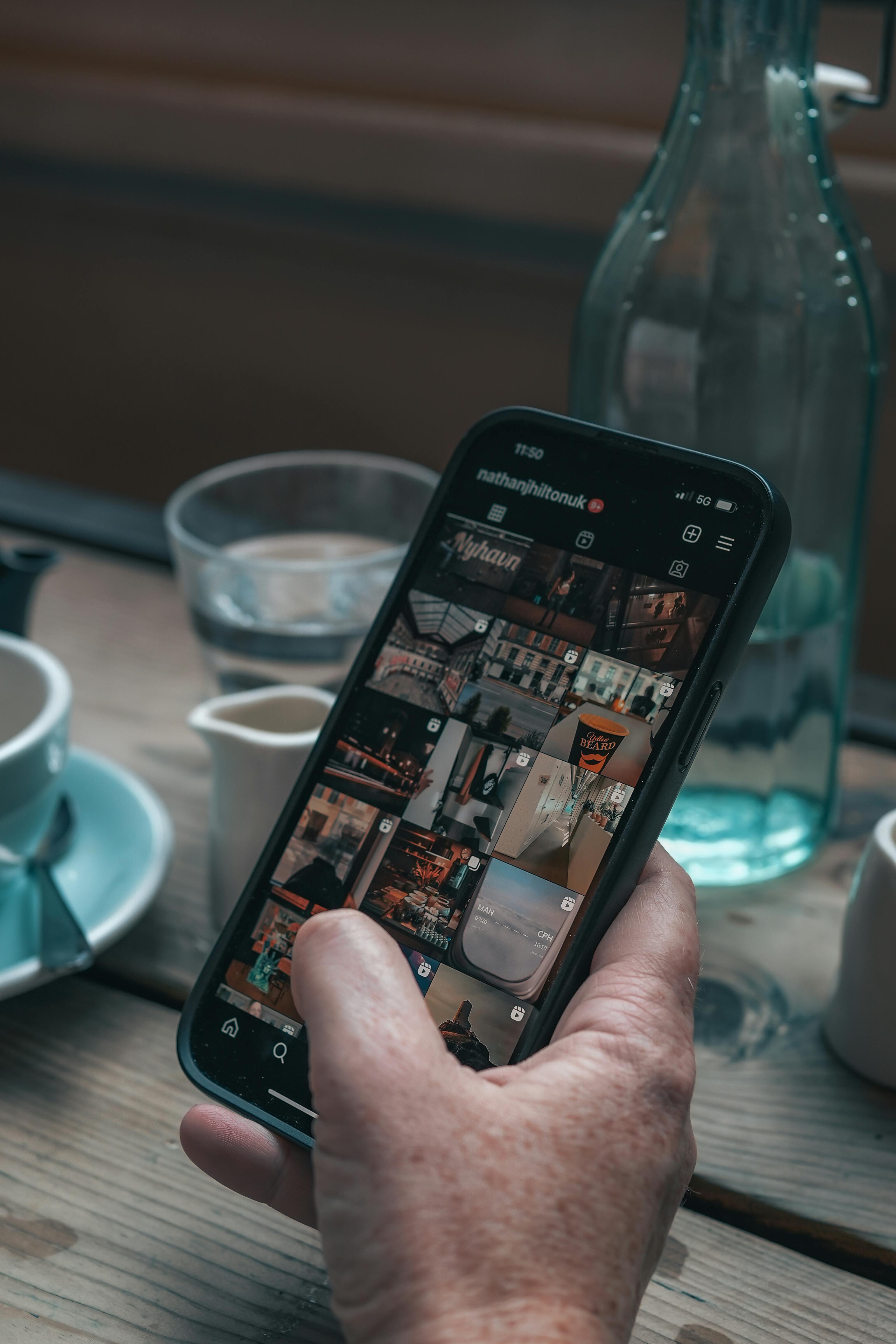
Introduction
The US Embassy in India has provided important guidance for all non-resident visa seekers. As of now, any person applying for a US visa is required to list all social media handles that they have used in the last five years on the DS-160 application form. This requirement aims to ensure thorough vetting and security, reflecting the heightened importance of social media in the visa application process.
Understanding the New Rule
According to the updated guidelines, visa applicants must report all usernames and handles associated with their social media activity over the past five years. This includes, but is not limited to:
- X (formerly Twitter)
- TikTok
- YouTube
Both active and dormant accounts need to be documented. Even if you have not posted recently, any account that has been active in the last five years should be included. This detailed information collection procedure is a part of the US government’s heightened safety measures to ensure transparency and assess potential threats from applicants.
Consequences of Non-disclosure
Failing to disclose any social media accounts may lead to serious repercussions:
- Immediate visa denial
- Extended processing times due to additional scrutiny
- Possible negative consequences for future visa applications
Intentionally omitting social media identifiers can be seen as misrepresentation, which may jeopardize your chance of obtaining a visa in the future.
Why Social Media Information is Collected
The US Department of State mandates this disclosure as part of its national security measures. The rationale is that social media activity can assist in verifying an individual’s identity and identifying patterns that might pose security risks. This initiative reflects a broader trend across nations where immigration and border control agencies actively utilize public online data to support background checks and vetting processes.
Steps for Applicants
For applicants, it is advisable to take the following steps:
- Thoroughly review all social media accounts used in the past five years.
- Compile a complete list of usernames exactly as they appear on each platform.
- Include accounts that you may think are insignificant; even a rarely used account can carry weight.
- Be transparent—it’s better to disclose all accounts than risk leaving one off.
Final Thoughts
This recent update serves as a crucial reminder for Indian visa applicants and travelers on the global stage. In an increasingly digital world, your online identities form an integral part of your overall identity. For a seamless visa process, honesty and accuracy in the DS-160 form are imperative. This new regulation is not merely a formality; it represents a significant step towards ensuring the security of US borders.
Students, professionals, tourists, and business travelers must recognize this rule is non-negotiable—it’s a necessary hurdle for obtaining US visa approval. Keeping informed about these updates directly from official embassy sources and ensuring that your application is both complete and truthful will pave the way for a successful visa application.
Stay tuned for more updates on visa news and technology policies related to immigration processes.
